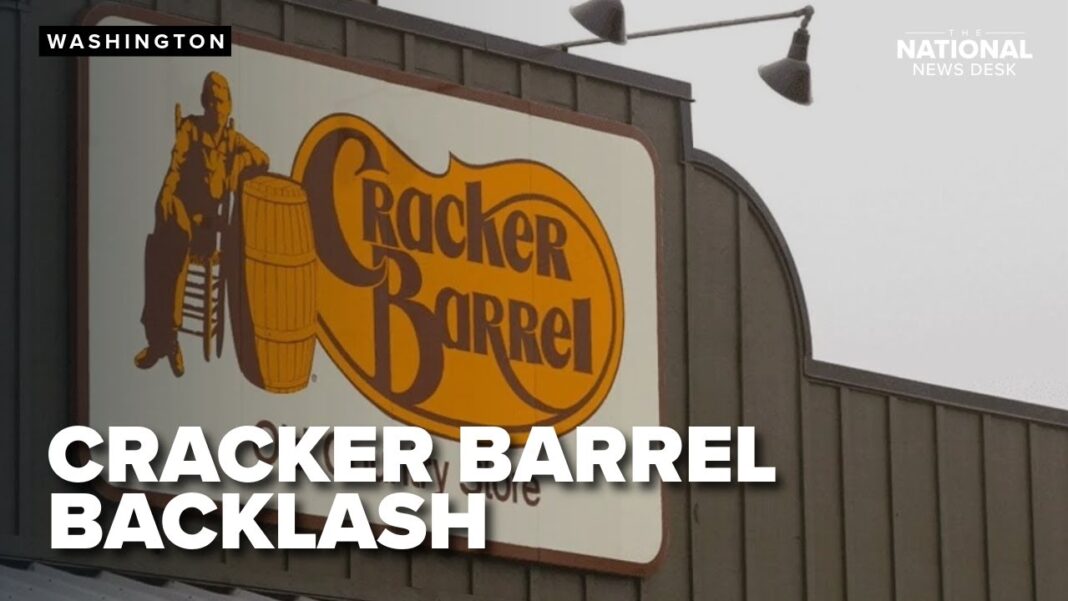As worker shortages persist on American farms, some are turning to novel solutions.
Artificial intelligence-powered harvesters, drones, and precision farming systems are quickly entering the mainstream of American agriculture. At its core, the technology promises efficiency and sustainability and carries a potential solution to a decades-old farming problem: the need for physical labor.
As the capabilities of robotics evolve, many jobs that once required human hands are being delegated to machines. Some artificial intelligence (AI) developers working on integrating this technology into America’s farms say early data support the possibility of a major farm labor force reduction.
The American Farm Bureau Federation estimated 17 percent of all U.S. agricultural labor in fiscal year 2024 comprised temporary migrant workers brought in under the H-2A visa program.
There are also millions of illegal immigrant workers, who, according to the United States Department of Agriculture (USDA) made up 42 percent of farm workers from 2020 to 2022.
Roman Rylko, chief technology officer of Pynest, said his company has worked with vegetable growers in the Midwest to deploy AI systems.
“We built the onboard model that lets an autonomous weeder separate spinach seedlings from pigweed in real time. A single rig now clears a 50-acre block in about eight hours. Before, that job meant a crew of 10 walking the rows for two days,” he told The Epoch Times.
Rylko’s firm works with growers to implement machine-learning models into field-deployable robotics.
“Autonomous tractors won’t kill field labor; they’ll move it up the stack, from stoop work to sensor maintenance and fleet orchestration,” he said.
“Our growers cut seasonal hand-weeding hours by roughly 70 percent, yet hired two techs to keep cameras clean, retrain the model on new cultivars and swap battery packs.”
Rylko cited data from a recent AI-powered machine trial.
“Our last trial logged 1.6 million weeds pulled per day—equivalent to 12 workers—at 32 percent lower total cost per acre,” Rylko said.
“The grower’s biggest surprise wasn’t speed, it was consistency. Robots don’t call in sick during peak weed flush.”
Among the producers paving the way for AI in the fields is Wish Farms, a Florida-based berry grower that has been experimenting with robotic harvesters in response to persistent labor shortages.







